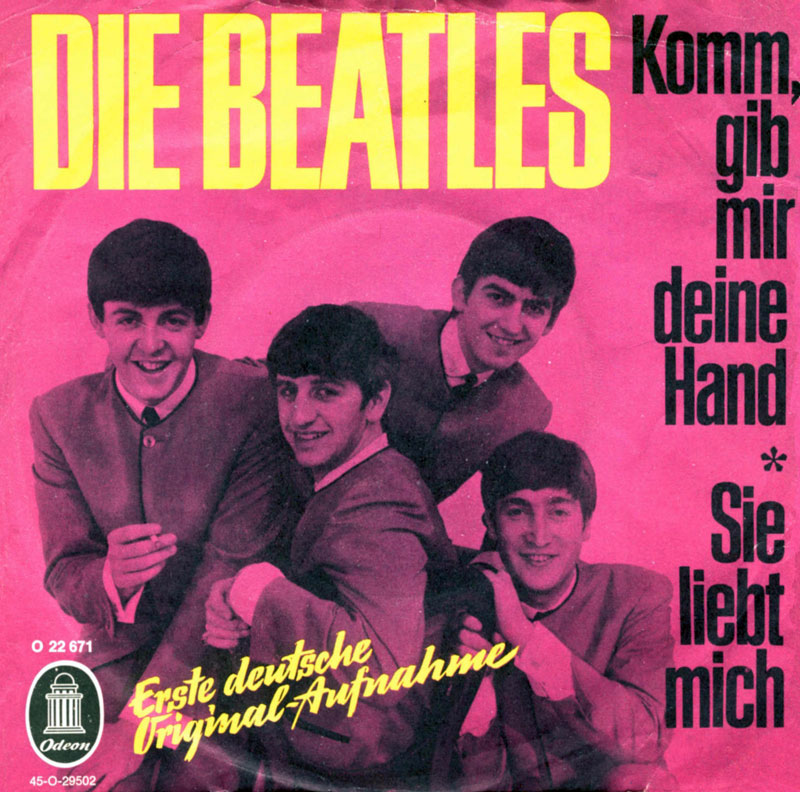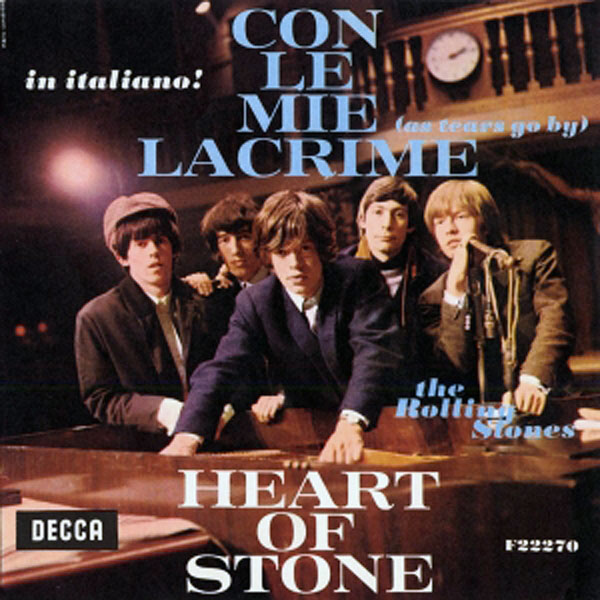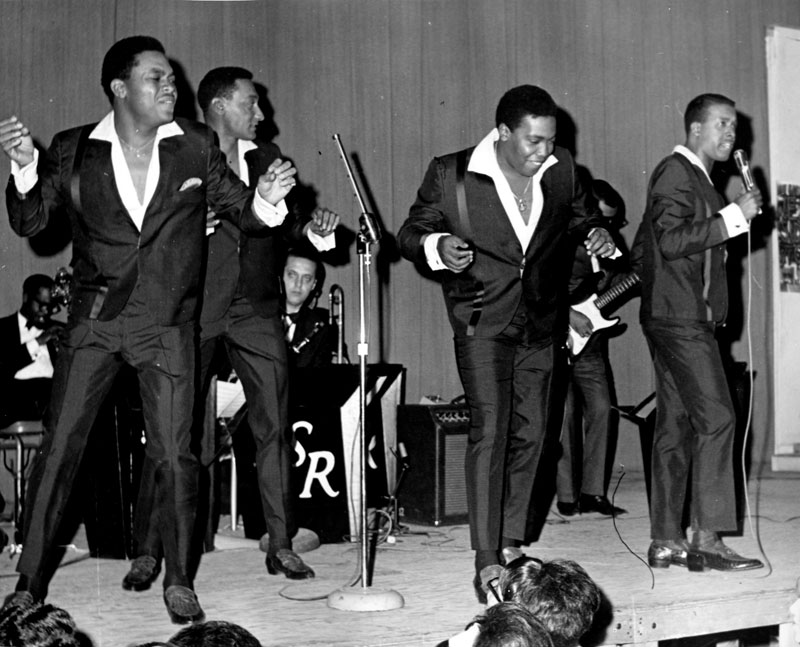Have you heard Lady Gaga’s German version of “Poker Face”? Or Eminem’s attempts to rap in Italian? No?
Well, that’s probably because today’s stars would laugh at the idea of re-recording their hits for foreign markets. But it wasn’t always that way…
The Beatles in German

On 29 January 1964, the Beatles bundled into a Paris recording studio to record German versions of their early hits ”She Loves You” (Sie liebt Dich)and “I Want to Hold Your Hand” (Komm, gib mir deine Hand), quickly re-written by Luxembourger Camillo Felgen. The Beatles only ever formal recording session outside of London was inspired by record label EMI’s German producer, Otto Demler, who had flown in to Paris to convince the band that re-recording the songs would help them sell records in Germany and beyond.
Within 24 hours, Felgen had taught the Beatles the new lyrics (phonetically) and the songs were recorded. While the band were reluctant to record in German, they weren’t completely new to the language, having spent a couple of years honing their skills in Hamburg at the start of the sixties.
Johnny Cash

The Fab Four weren’t the only artists to enjoy a taste of German culture before achieving worldwide acclaim. After the Second World War, a young Johnny Cash was stationed in Landsberg (near Munich) as a radio operator with the U.S. Air Force. It was in there that he bought his first guitar and created first band, the Landsberg Barbarians.
Fast-forward 15 years and Johnny Cash is a superstar in America. Hits like “Walk the Line” and “Ring of Fire” have topped the charts and Cash has sold millions of records. Executives at CBS had observed the growing appetite for American music in Europe and encouraged their artist to record something for the German market too. The results, still little known to this day, can be found here.
Johnny Cash also re-recorded a couple of songs in Spanish… check out “Ring of Fire”. Cash aficionados generally agree that his German sounds much better than his Spanish. Proof, if proof were needed, of the power of cultural exposure in language learning!
The Rolling Stones

Of course, anything the Beatles could do, the Stones would have a go at too. Keith Richards and Mick Jagger’s first self-penned success, “As Tears Go By”, was re-recorded in Italian and released in Italy as Con Le Mie Lacrime.
The band delighted Milanese fans by performing the song in Italian during their “A Bigger Bang” tour in 2006.
Motown International Versions

Mowtown boss Berry Gordy was never one to let a business opportunity pass him by. By the mid sixties, acts on his label had taken over the American airwaves and started to taste success in Great Britain. The next logical step was to push on over the English Channel and into the other European markets.
The label flew tutors from various parts of Europe into Detroit to teach the artists how to perform in their respective languages. The teaching was largely phonetic, with little emphasis on actually learning the meaning of the lyrics.
So, by the end of the decade, many of Motown’s stars had recorded in Italian, French, German and Spanish, with varying degrees of success. The Temptations’ “My Girl” (Mein Girl) and Marvin Gaye’s “How Sweet It Is” (Wie schön das Ist ) are surprisingly good in German, while Diana Ross sounds great on “Where Did Our Love Go?” (wo ist unsere Liebe).
The compilation Motown Around the World: The Classic Singles is available on Amazon.
David Bowie in German

By the seventies, it had been comprehensively shown that English language songs could sell anywhere without the need for translation. That didn’t stop David Bowie from re-recording his hit “Heroes” into German for the soundtrack of Wir Kinder vom Bahnhof Zoo, a glimpse into Berlin’s druggy subculture.
The result, Helden, is really quite good!
Like Johnny Cash and the Beatles, Bowie spent time living in Germany, so perhaps it’s unsurprising that his German sounds great in the recording.
Nowadays, these recordings are little more than curiosities. It’s not just native-English-speaking artists that record their songs in English, but anyone looking for worldwide appeal. Check out our English courses before you embark on your pop career!


